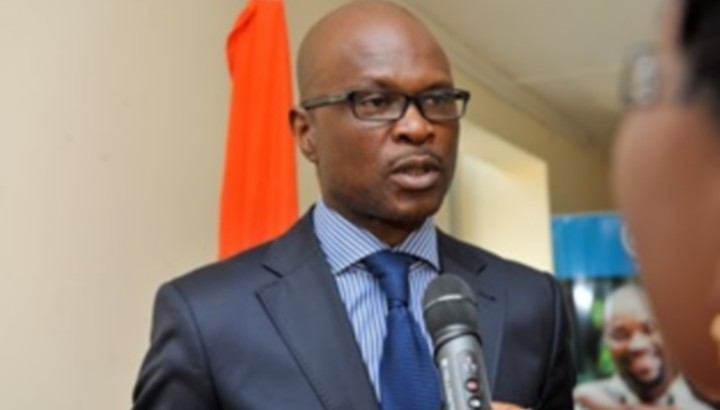The United Nations Educational Scientific and Cultural Organisation (UNESCO) says it will collaborate with partners to ensure the foundations of peace are built on sustainable management of resources of the Lake Chad Basin (LCB).

Mr Ydo Yao, the Director of UNESCO, Nigeria said this during the National Consultation Workshop on the Biosphere and Heritage of Lake Chad (BIOPALT) Project in Abuja.
BIOPALT is a project anchored by UNESCO and the Lake Chad Basin Commission targeted at promoting peace in the LCB through the sustainable management of its natural resources.
Yao, who was represented by Mr Saidou Jallow, the Senior Programme Specialist Education, recalled that UNESCO’s preamble constitution was based on sustaining peace among nations.
According to Yao, LCB over time has been threatened by conflicts and insecurity.
“The preamble of the UNESCO constitution states that since wars begin in the minds of men, it is in the minds of men that the defences of peace must be constructed.
“UNESCO and its partners will combine their efforts to ensure that the foundations of peace are built on sustainable management and equitable sharing of the natural resources of the LCB.
“This will also respect the cultures and endogenous practices of the basin,” Yao said.
The director said that the process of the project tagged: Scientific and Cultural Diplomacy began in 2013 in collaboration with the Lake Chad Basin Commission (LCBC).
He said that it aimed at having an overview of the state of relevant knowledge in the management of the natural resources of the LCB among other issues.
Yao said the previous project on the LCB resolved that the LCB could be included in the World Cultural Heritage List and be proposed as trans-boundary biosphere reserve for countries sharing the lake.
He expressed delight that the conclusions of the initial project were being realised, adding that the ongoing project will succeed with more efforts from partners.
The director said the current project was in line with the Sustainable Development Goals (SDGs) of 2030 and the 2063 African Union vision aimed at promoting the region.
Yao said that the project was centred on four pillars while the organisation would synergise with partners to ensure the restoration of the LCB.
“The project has four pillars; study, training and awareness raising, restoring ecosystems and evaluating and disseminating the results of the project.”
Yao said Nigeria’s role among other countries sharing border with the LCB was very important owing to the activities surrounding the lake.
“Nigeria in this project is very important because it hosts most of the refugees from the LCB, environmental refugees, the detention and security issues all are from Nigeria.
“Nigeria is interested in ensuring that sustainable peace, development is realised in the LCB.”
Mr Abubakar Iliya, a representative from the Presidency on the LCB restoration, said issues about the lake were at the heart of the government.
Iliya recalled that concerns about the lake prompted President Muhammadu Buhari to approve Nigeria’s hosting of an international conference on the depleted basin at the end of 2017.
He, however, urged UNESCO and participants to come up with resolutions that would be of benefit to the conference expected to hold by Feb. 26 to Fed. 28.
NAN reports that the restoration of the Lake Chad basin became necessary following discussions between President Muhammadu Buhari and UNESCO’s former Director General, Ms Irina Bokova in August 2016.
The discussion was on issues of mutual interest toward attaining the Sustainable Development Goals (SDGs) by 2030 and to reflect on the future of the lake.
Buhari called for UNESCO’s assistance to organise an international conference to reflect on the future of the Lake and support the preservation of the surrounding environment.
In Dec. 2017, he approved the conference to be hosted in Abuja with the objective of creating global awareness on the socio-economic and environmental challenges arising from the shrinkage of the Lake Chad.
By Emmanuel Umekwe and Ijeoma Ndubisi
